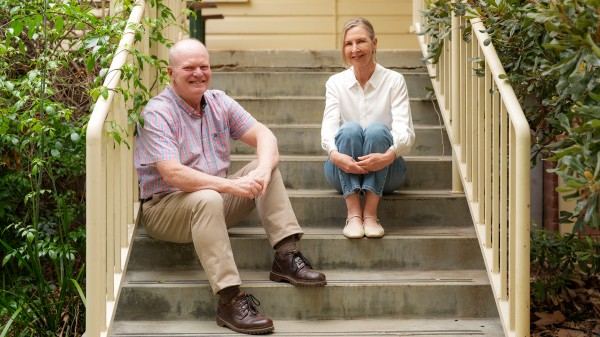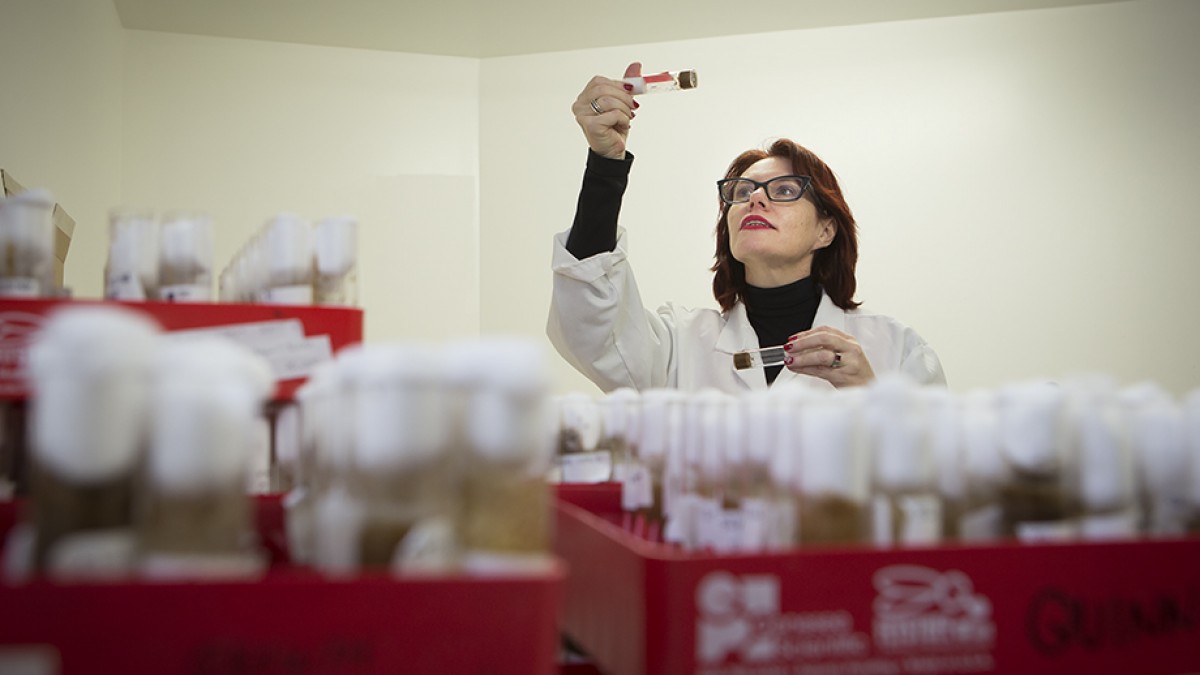Research stories
Discover how health and medicine research at ANU is shaping our future.
Search
9 Aug 2017
Microcephaly brain size linked to mutation in stem cell micro environment
New research highlights the significant role the surrounding environment of stem cells might play in the brain size of babies with microcephaly.
13 Jul 2017
Discovery of brain-like activity in immune system promises better disease treatments
The discovery of brain-like activity in the immune system by ANU promises better treatments for lymphoma, autoimmune diseases and immunodeficiency disorders.
7 Jul 2017
Cut out sugary drinks to prevent type 2 diabetes, ANU-led study finds
A study led by ANU has found thousands of cases of type 2 diabetes could be prevented every year in Thailand if people stopped drinking sugary drinks every day.
23 Jun 2017
Coral bleaching on the Great Barrier Reef
Scientists from ANU have combined biological data with climate data to provide a clearer understanding of what causes coral bleaching in the Great Barrier Reef.
22 Jun 2017
ANU provides Australia-first doctors’ workshop on medicinal cannabis
A drugs expert from ANU is ran an Australia-first workshop on medicinal cannabis for doctors in Melbourne.
21 Jun 2017
ANU releases final results of Mr Fluffy health study
ANU has released the fourth and final report of its ACT Asbestos Health Study into the health impacts of having lived in a house with loose-fill asbestos.
15 Jun 2017
Research finds new gene is key to immune response
Researchers have identified a new gene which is crucial for the immune system to respond to infection and vaccination.
8 Jun 2017
New leukemia treatment outperforms standard chemotherapies
Researchers at ANU are working on a new treatment for an aggressive type of leukemia that outperforms standard chemotherapies.
19 May 2017
A third of Australian kids say their dads work too much – new study
A third of Australian children aged 11-13 years say their fathers work too much, a new study led by ANU has found.
19 May 2017
An eye for diagnosing disease
Professor Ted Maddess has developed new technology which could revolutionise the diagnosis and management of the most common blinding diseases.

















